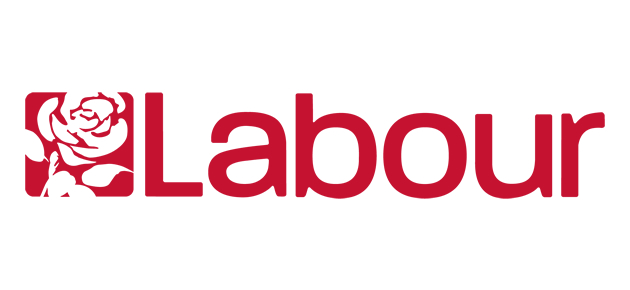In this article, we will look at how a Labour Party election win could affect the Pound Sterling to Euro (GBP/EUR) exchange rate.
With the General election now only two days away sentiment towards the Pound Sterling (GBP) looks set to come under strain. The outcome of the vote is far from certain as support for the Labour and Conservative parties appear neck-and-neck in the polls.
Several observers however, are suggesting that this election could throw up a few surprises as support for other parties has risen. The popularity of the Greens, SNP and UKIP could throw a spanner into the works if support for them is shown to be higher than the polls suggest. Consequently, the UK could end up with a minority government or another potentially unstable coalition.
The Labour Party is a centre-left political party, formed in 1900 and designed to be the voice for the working classes and trade unions. The last time the party was in government was between 1997 and 2010. In that time, Tony Blair and Gordon Brown were Prime Ministers. In the Blair years the UK economy did reasonably well, although it did suffer from the bursting of the dotcom bubble, the negative effect of the attacks on the World Trade Centre and of course, the subsequent wars in Iraq and Afghanistan. As Blair stood aside for Brown, the global economic crisis hit. Many blame Labour for the recession that followed.
Can Labour be trusted with the UK economy?
Normally during election time, the markets tend to be happier if it appears that the Conservatives will win the election. To many, the UK economy goes in phases depending on who is in charge. Labour is often seen as the party that spends, whilst the Tories are regarded as more thrifty. With the UK suffering from a huge deficit, the prospect of a Labour victory raises the prospect that they will spend money the nation does not have. The much-needed cuts made by the Tories meanwhile have been used by Labour as a means of winning support. Despite that, Labour too will have to make cuts and add to the austerity measures already in place if it hopes to meet its manifesto pledge of cutting the deficit.
Labour’s previous economic record does not inspire much confidence either.
Whilst Chancellor of the Exchequer, Gordon Brown sold off 400 tonnes of the UK’s gold reserves at knock down prices between 1999 and 2002, a move that left the treasury exposed to the hardships that would follow. Current shadow chancellor Ed Balls also does not inspire much in the way of confidence.
GBP/EUR Exchange Could Fall to Sharply
Despite that, some observers have stated that a Labour win is likely if Ed Milliband accepts the support of the Scottish National Party (SNP), which is on course to win every parliamentary seat in Scotland. Investors and economists may favour this outcome, as it would reduce the likelihood of uncertainty and the instability caused by drawn out negotiations. Despite protestations that Labour will not make a deal with the SNP, many are doubtful that Milliband will pass up the chance of becoming Prime Minister.
The Pound Sterling to Euro (GBP/EUR) exchange rate will likely weaken as voting day approaches, but if a deal is reached between the SNP and Labour then it could find support if uncertainty is kept to a minimum.
In the long term however, a Labour/SNP alliance could create uncertainty, as no doubt the leaders of the SNP will push ahead with their attempts at achieving independence for Scotland. Some fear that a Labour/SNP coalition or a Labour party under the influence of the SNP could lead to the end of the United Kingdom, as we know it.
Currently the Pound Sterling to Euro (GBP/EUR) Exchange Rate is trading in the region of 1.35



